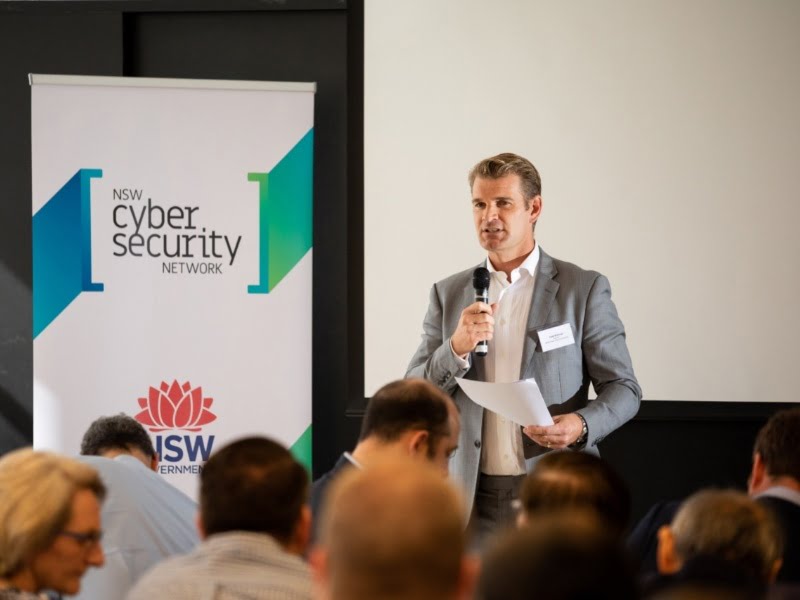The NSW Cyber Security Network (NSWCSN) will be handing out money vouchers to cyber security startups and SMEs to work with selected NSW universities on cyber security research, as part of a new $500,000 cyber security program.
The NSW government-supported initiative will give successful applicants access to funding for amounts of up to $15,000 each, which they will be able use towards research – and eventually commercialisation of solutions – in areas including cloud security, risk and compliance, data and mobile security, privacy preservation, and threat intelligence and protection.
Todd Williams, director of NSW Cyber Security Network, said the initiative will give opportunity to SMEs to develop commercialisable cyber security-related product or service.

“Our goal is to address important cyber security challenges for small businesses, by facilitating connections with leading cyber security researchers,” he said.
“NSW is home to a rich seam of cyber security research talent, and we want to offer businesses the opportunity to work with that talent to develop and advance innovative products and services with commercial potential.”
Some of the potential activities the funds could go towards include conducting a seed or early phase research project, funding product or process design activities, such as engineering, software or algorithm development or technical design expertise, accessing technical assistance, as well as supporting a research project that can lead to an application for accelerating commercialisation, or other similar schemes.
The universities successful startups will work with are CSN members – UNSW Sydney, Macquarie University, the University of Sydney, the University of Wollongong, the University of Newcastle, UTS and Western Sydney University.
“Cyber security is a relatively new research area, but momentum is building in universities here and around the world. Each of our universities is ranked in the top 2 per cent globally (across the board, not cyber-specific). So, a start-up could approach any of them with confidence in their abilities,” Williams said.
“That said, each university does have slightly different approaches, facilities and research focus… Applicants can approach as many universities as they like before making a decision.”
To be successful, applicants will be required to provide in-kind contributions. “We mean an applicant’s spend on activities,” Williams said.
“For instance, they might be contributing their own CTO’s time to the project. Or it could be materials, for instance, if it was a sensor company, a quantity of its sensors. Services could cover things like an applicant’s existing AWS facility that the university could access under the program.”
Applicants will be awarded on a “first in, first considered” basis, subject that they meet all eligible criteria, including having a commercialisable cyber security-related product or service.
Do you know more? Contact James Riley via Email.

